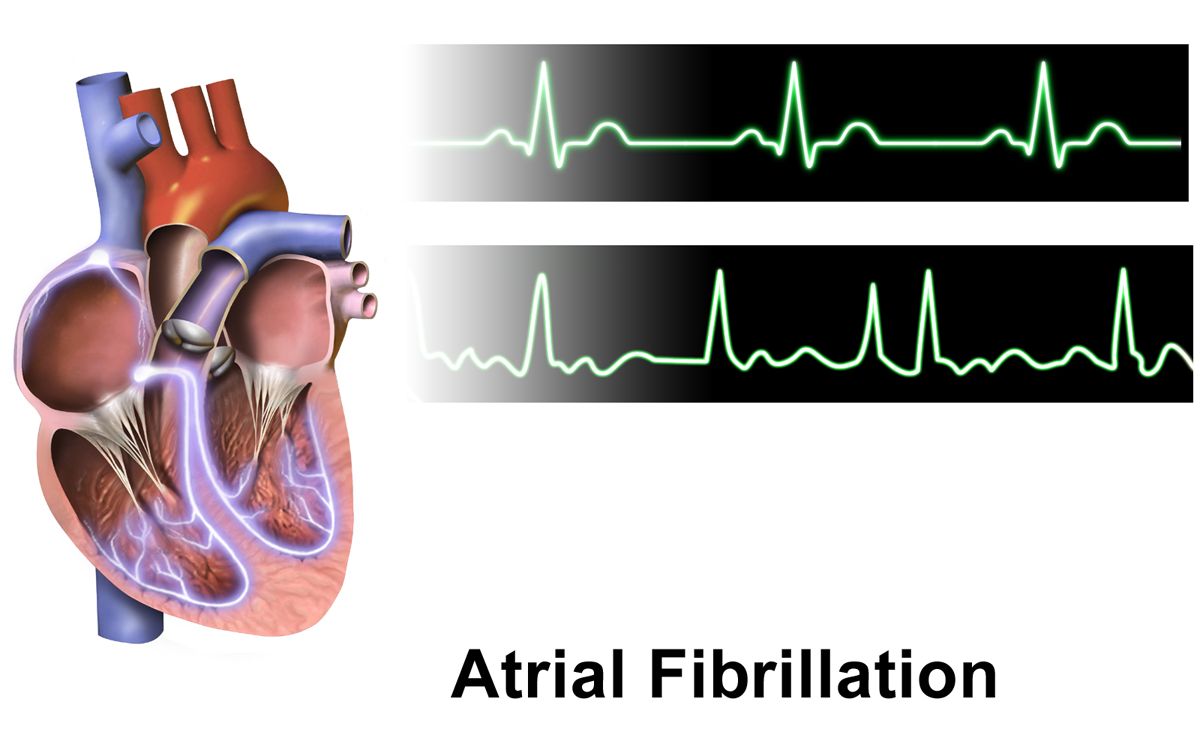Approximately 30% of all strokes are caused by atrial fibrillation (AFib). It has been observed that in such cases, the outcome of the stroke tends to be worse. “According to statistical data, the risk of death for those with atrial fibrillation is 1.5 to 3 times higher than for healthy individuals. With atrial fibrillation, heart failure progresses more quickly. AFib also contributes to the development of vascular dementia. It is believed that small clots form in the heart and embolize small blood vessels in the brain. We may not see a stroke, but the blockage of many small vessels leads to dementia,” said the cardiologist.
She added that atrial fibrillation also affects mental health and can lead to depression, as reduced physical capacity and work ability negatively impact the quality of life. Due to atrial fibrillation, more than 30% of patients require hospitalization at least once a year, and another 10% need it two or more times.
When a person is diagnosed with atrial fibrillation (AFib) and restoring a normal heart rhythm quickly is not possible, one of two treatment strategies must be chosen: rhythm control or rate control. All patients are prescribed two groups of medications.
Rhythm control can be easily performed by ZIVE ECG holter monitor. It can diagnose all of the common arrhytmias almost in real time.
Read more
https://www.lrytas.lt/sveikata/ligos-ir-gydymas/2023/07/10/news/klastinga-sirdies-liga-mirties-tikimybe-padidina-3-kartus-kardiologe-pasake-kaip-ja-atpazinti-laiku-27616039
Cover photo By BruceBlaus - Own work, CC BY-SA 4.0, https://commons.wikimedia.org/w/index.php?curid=44804677
